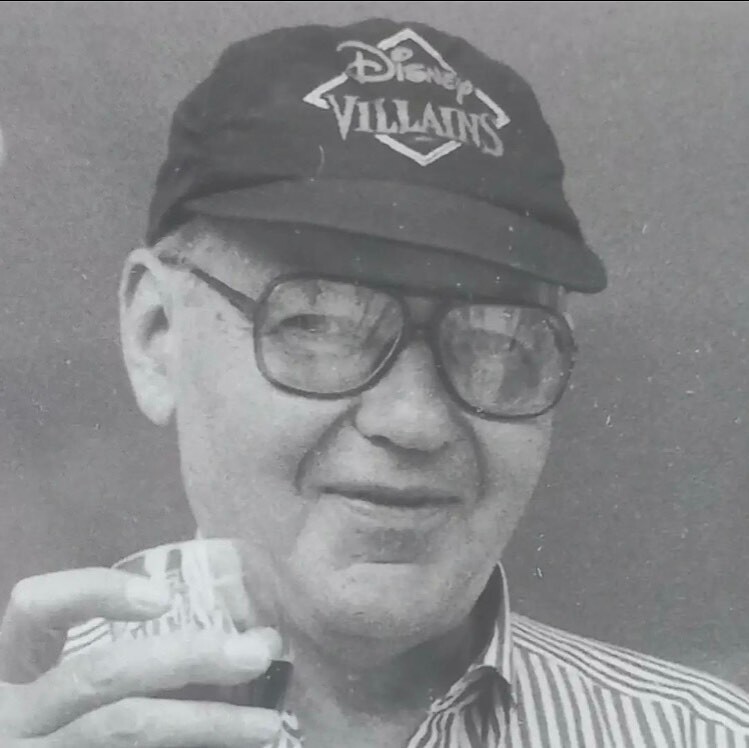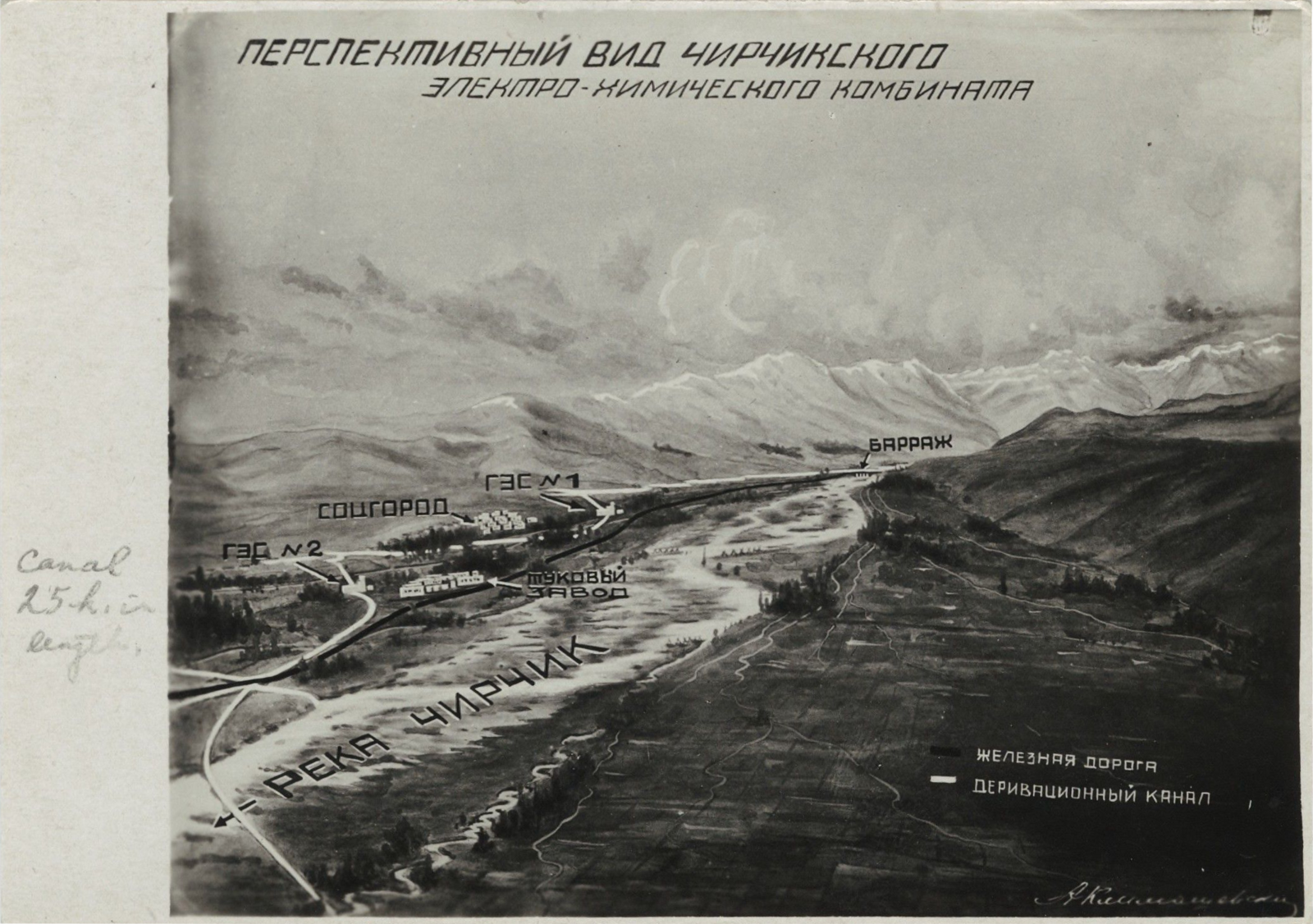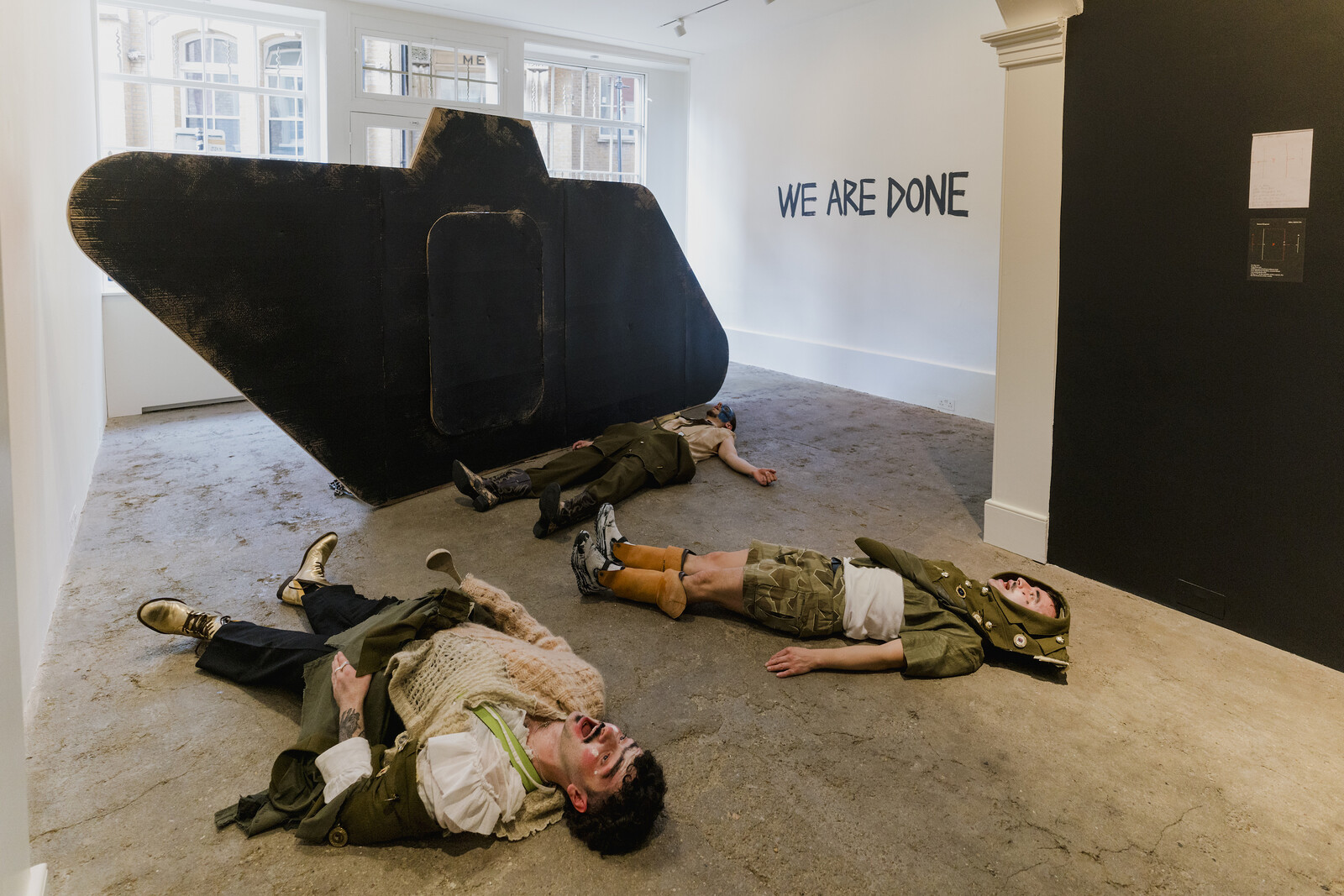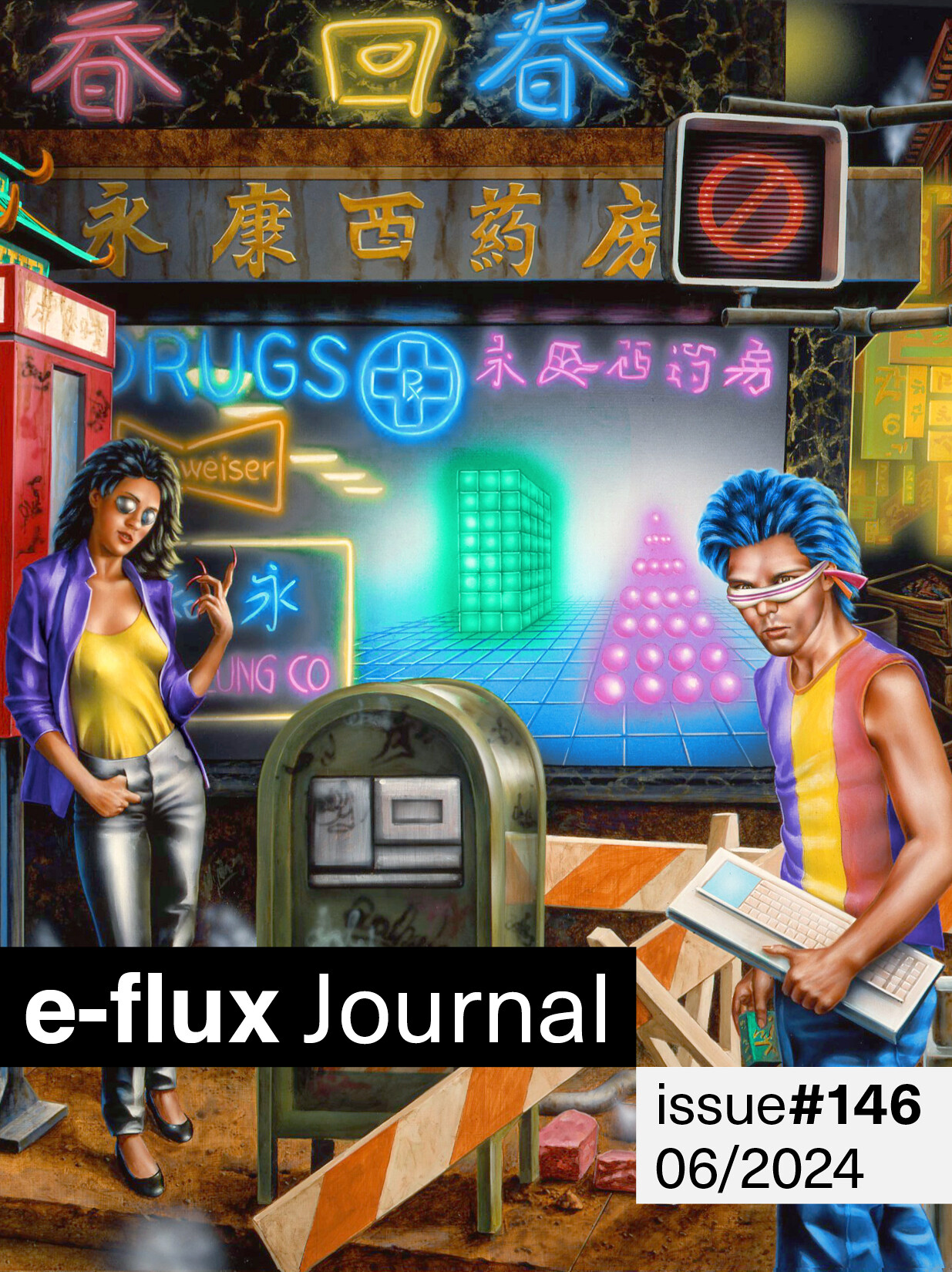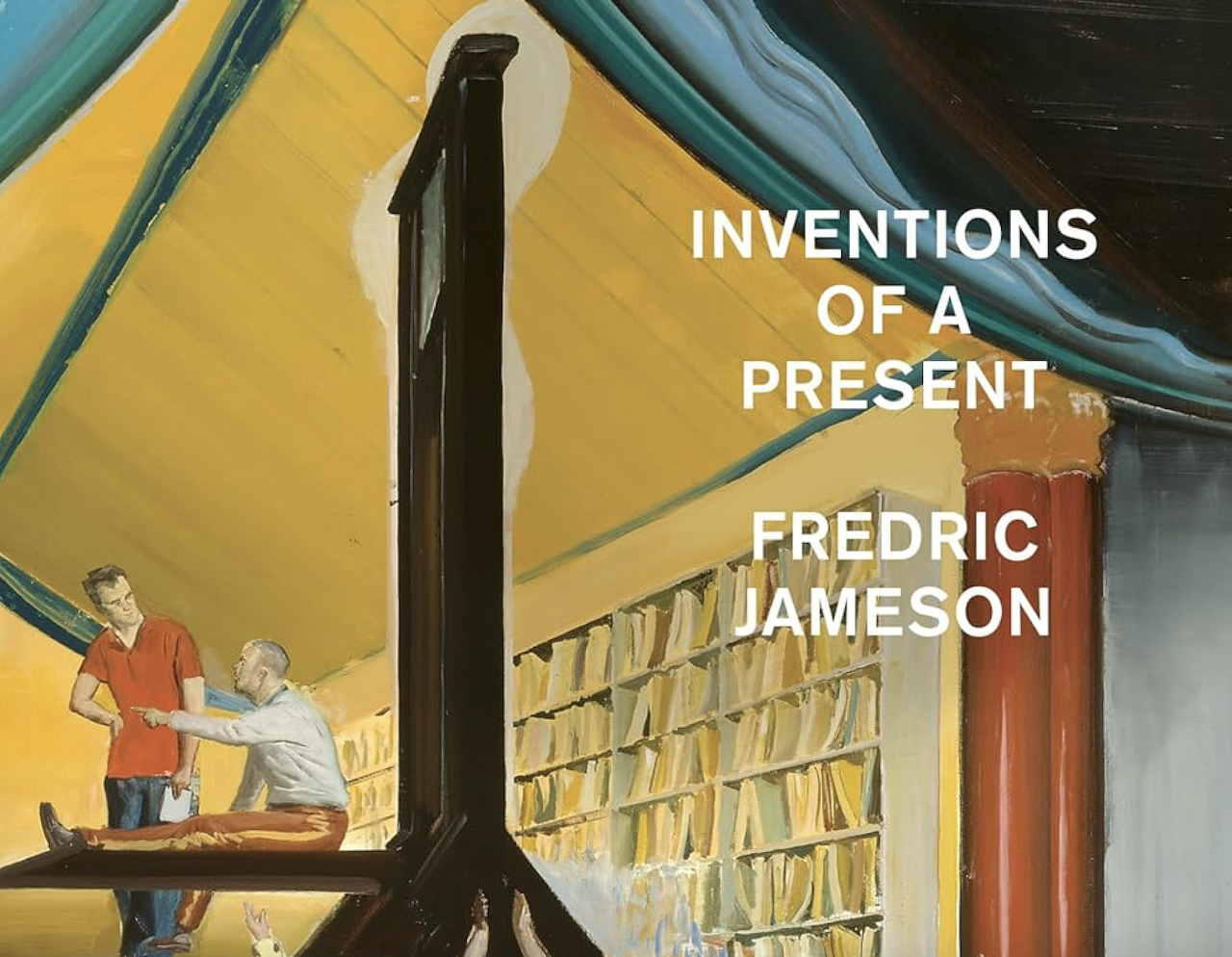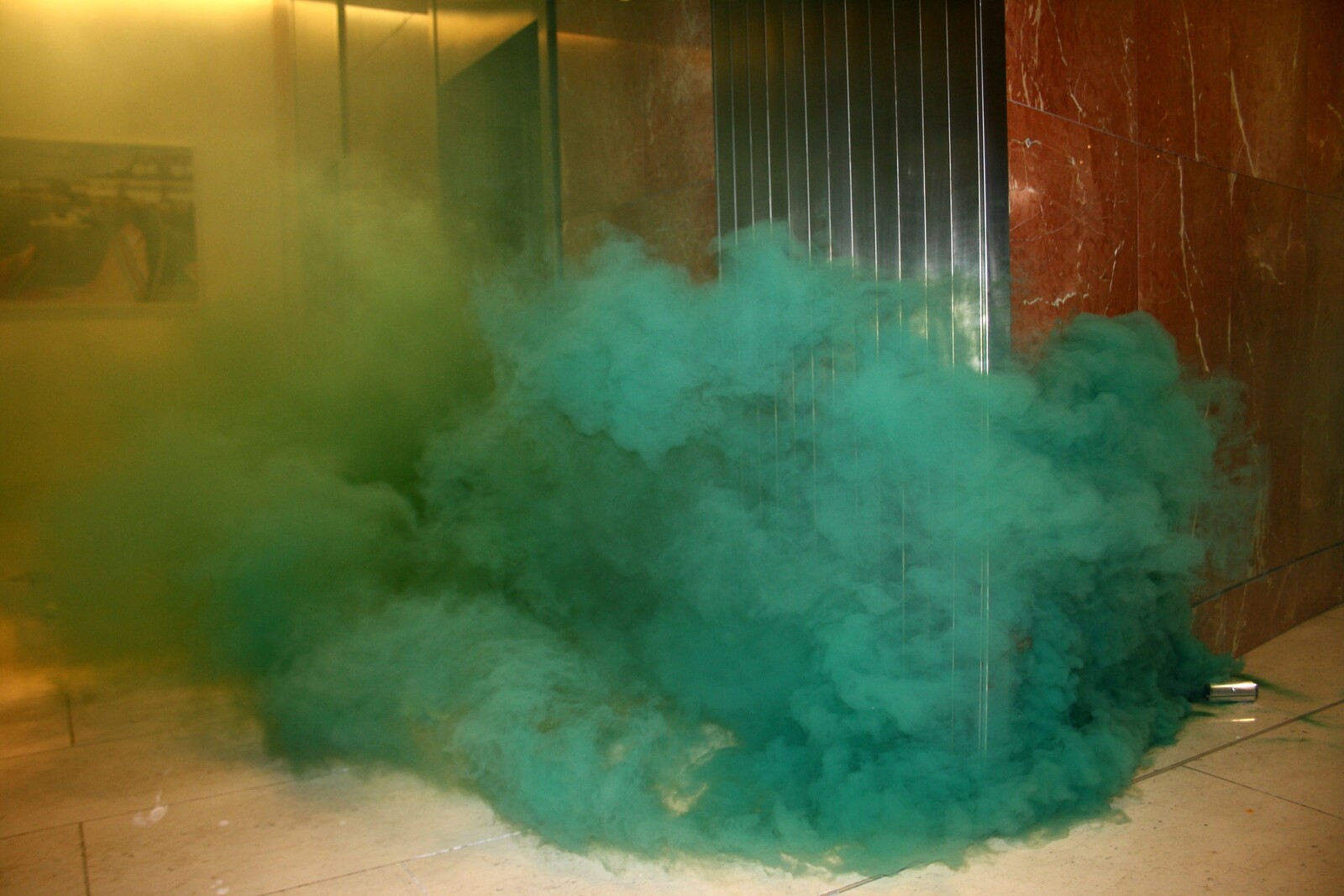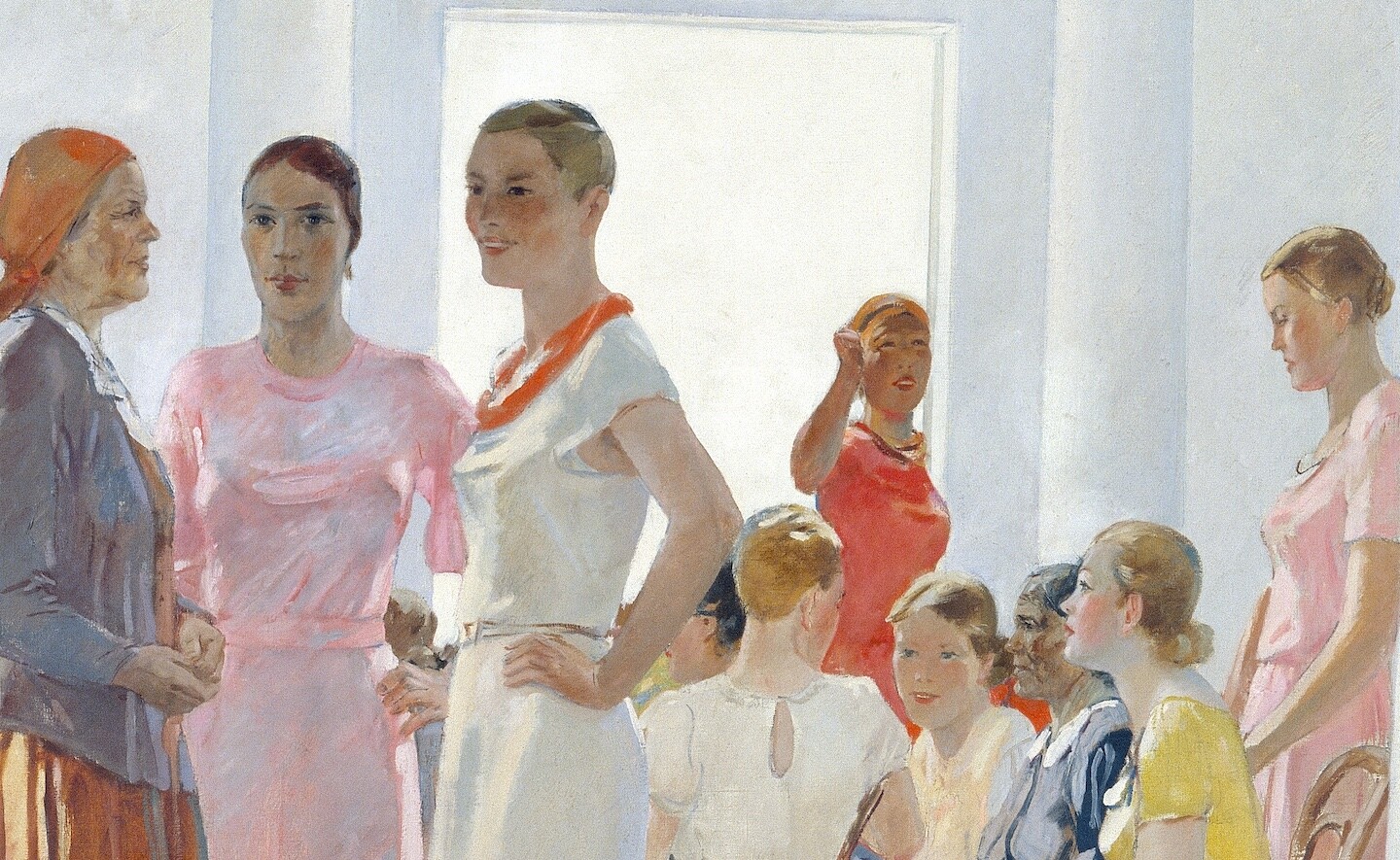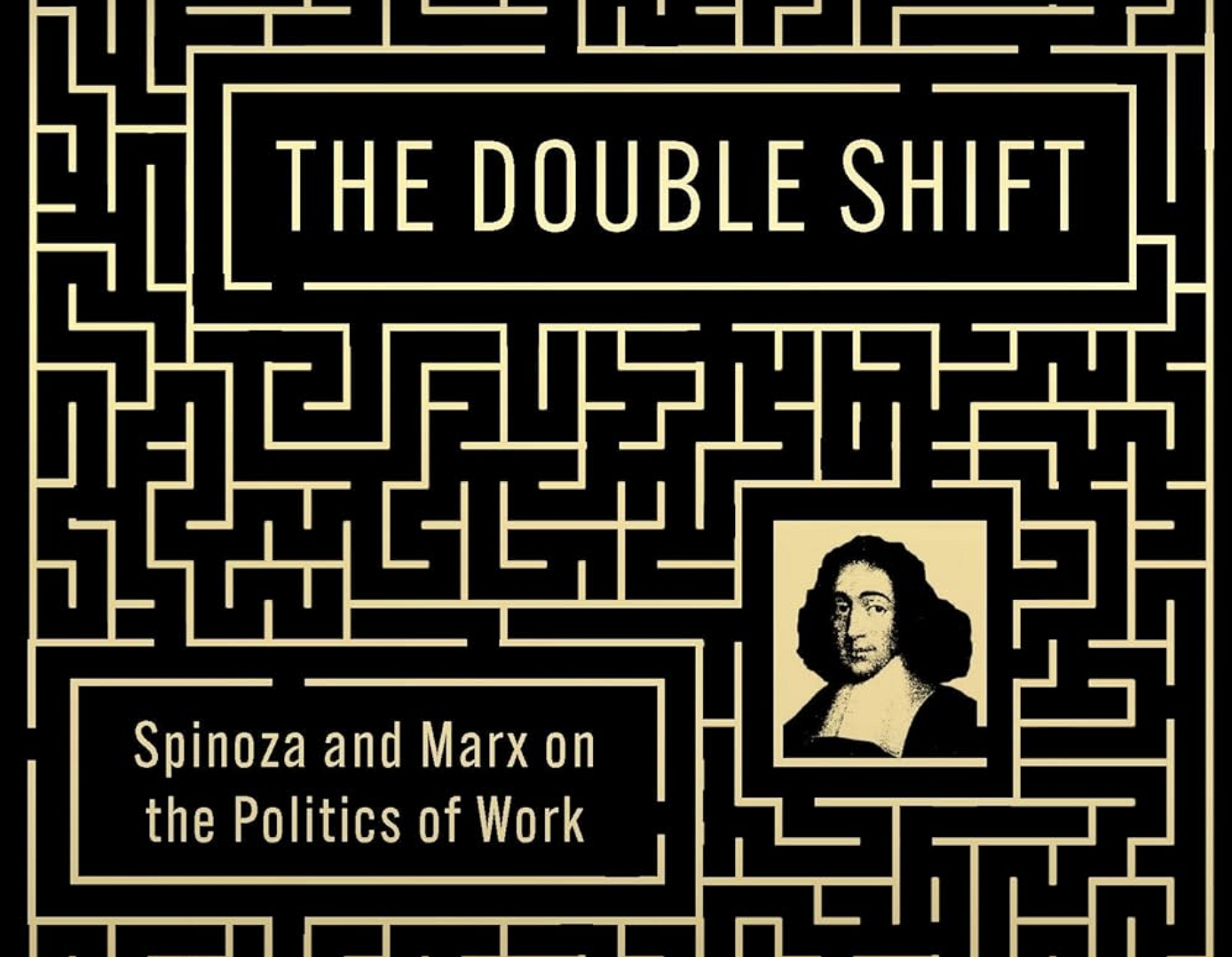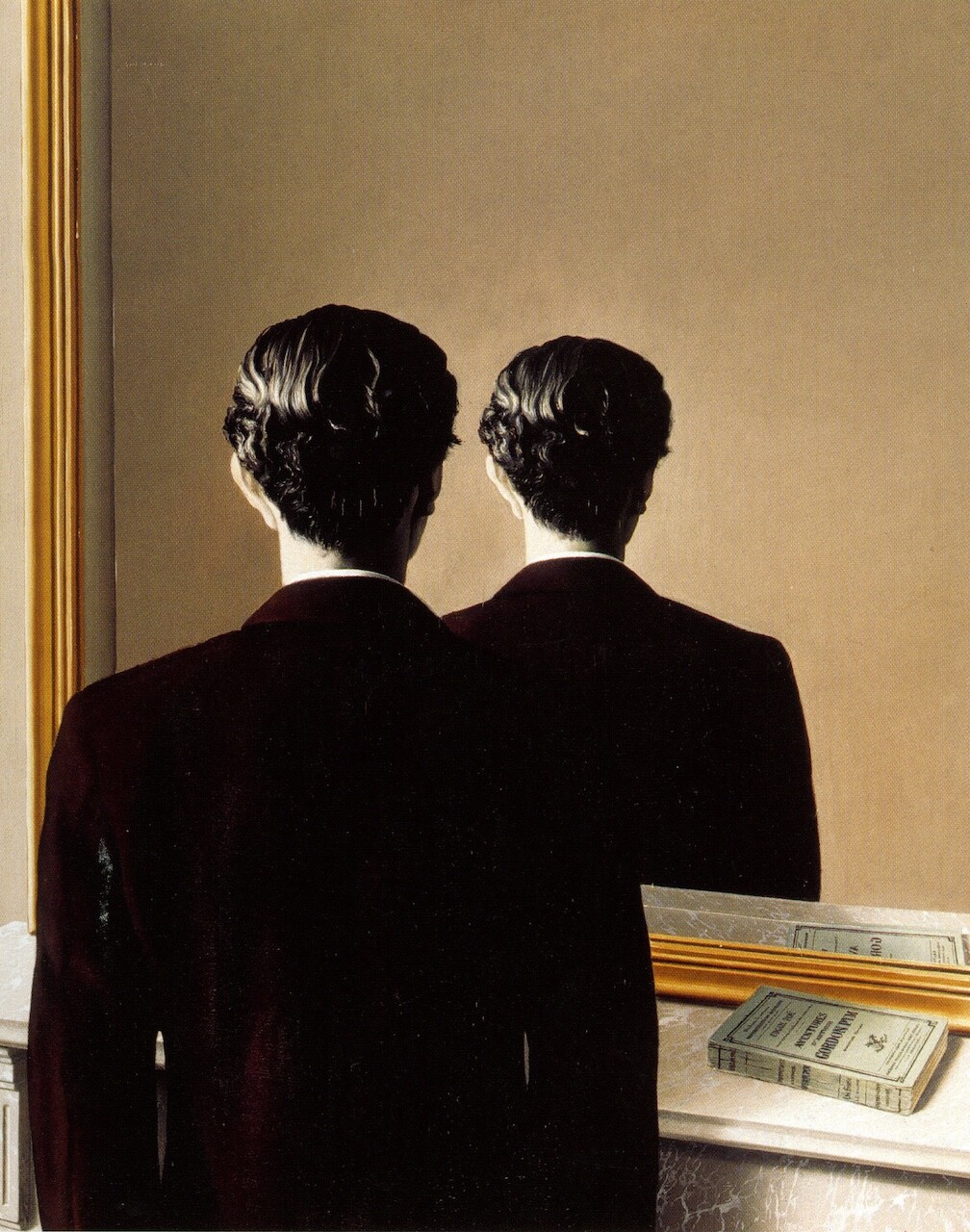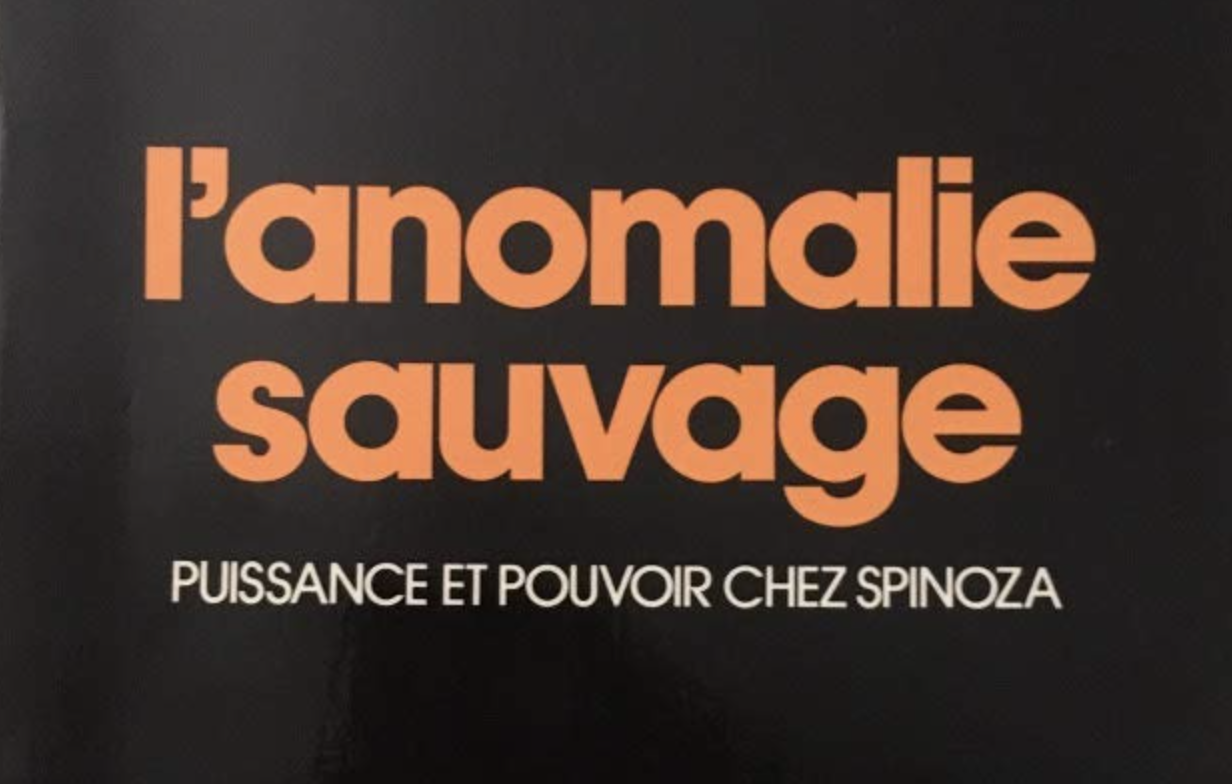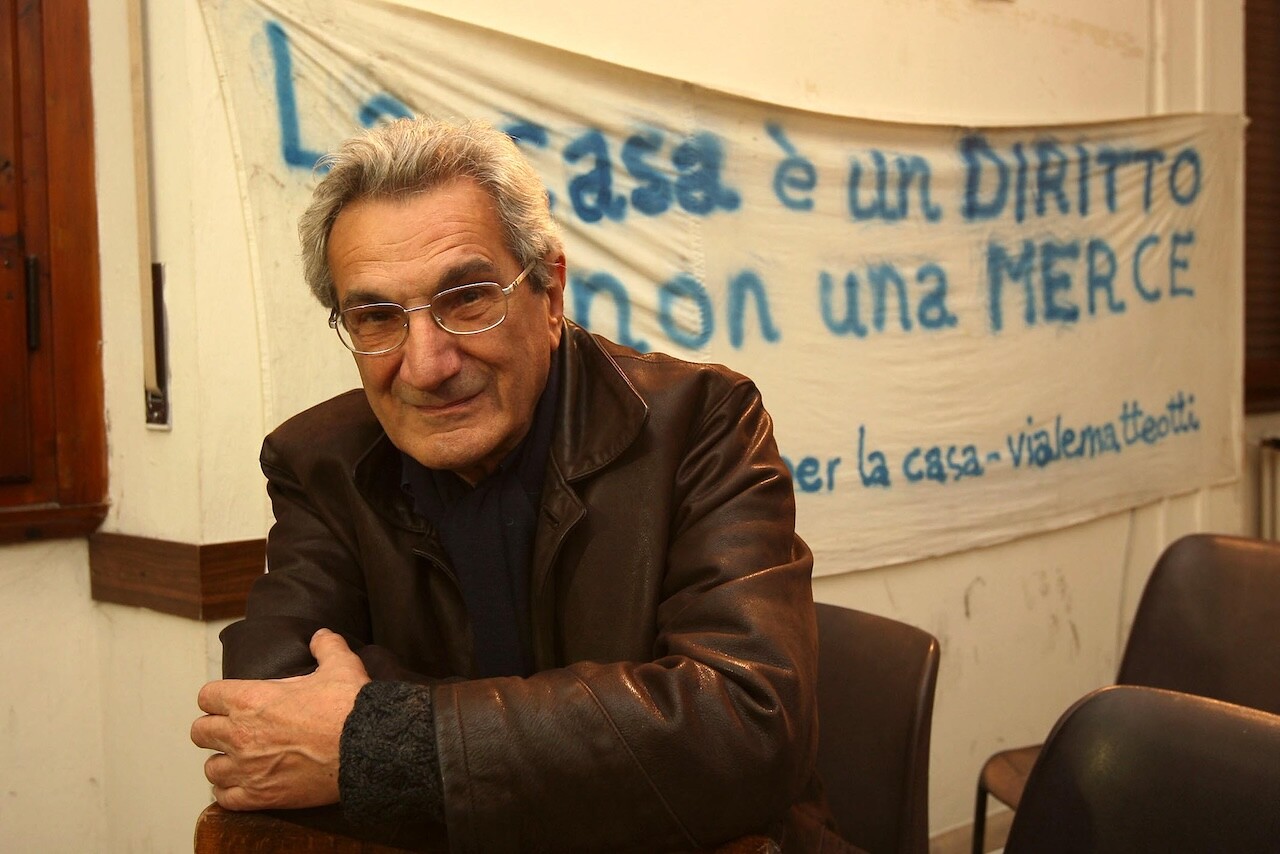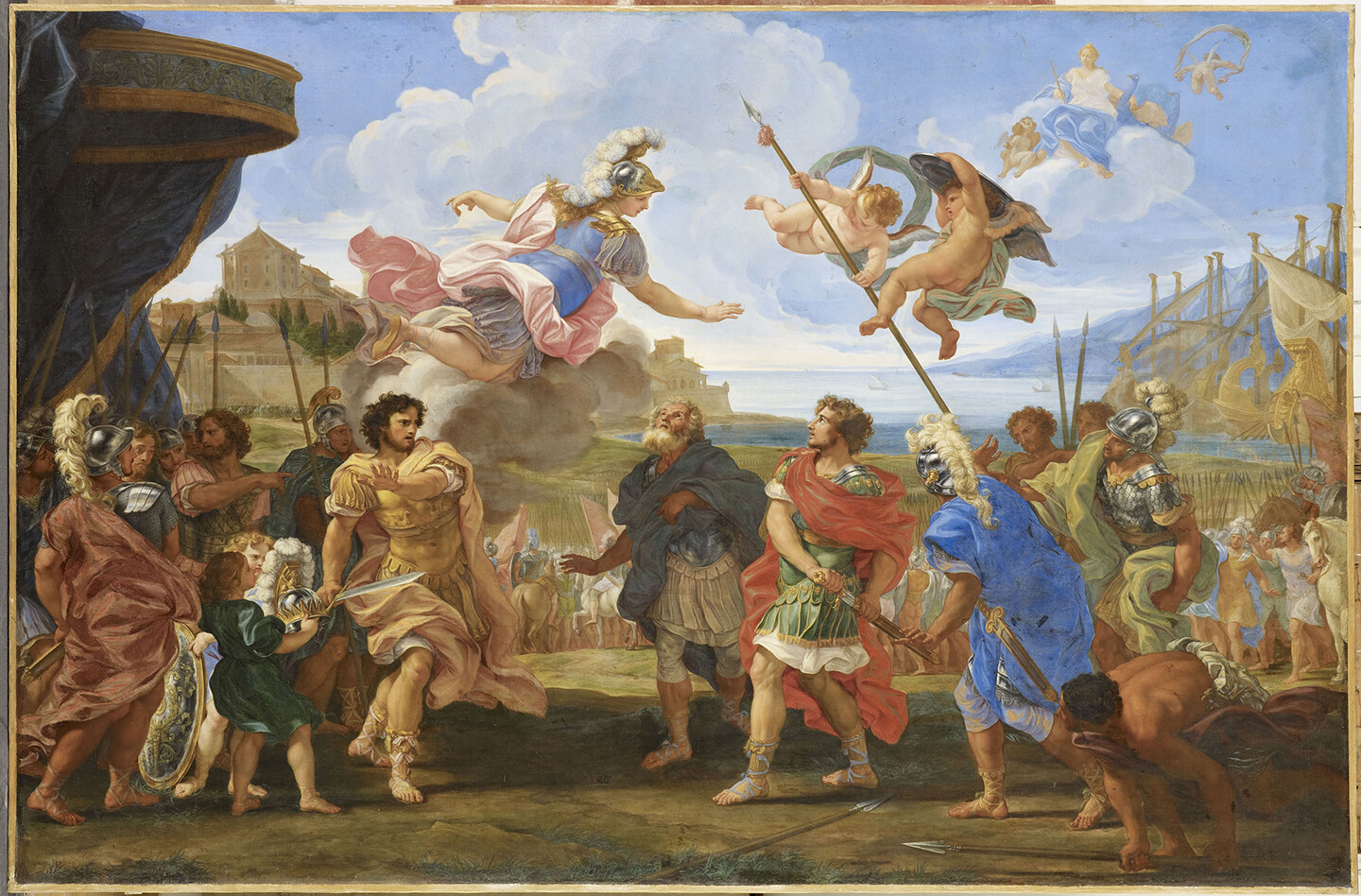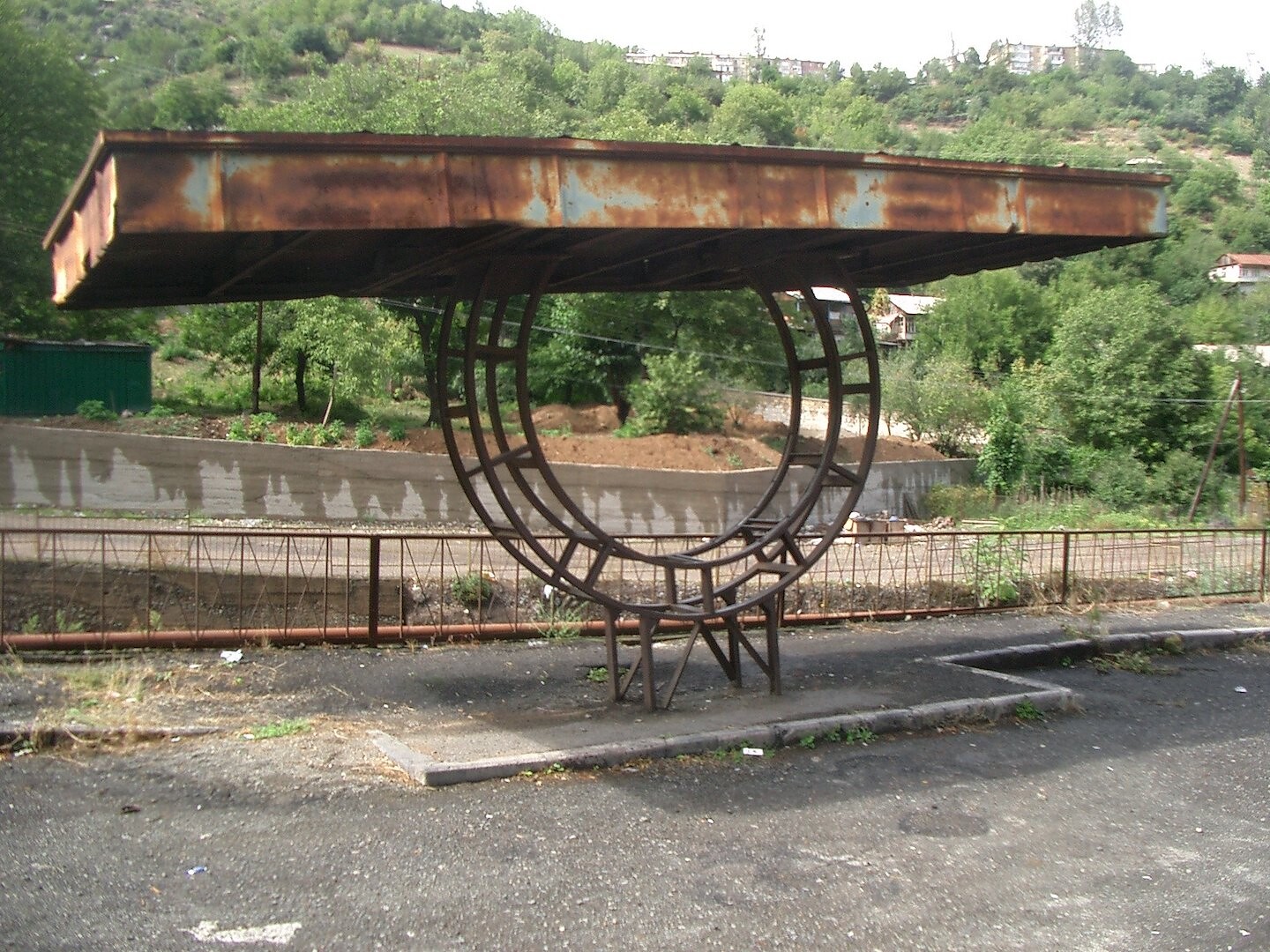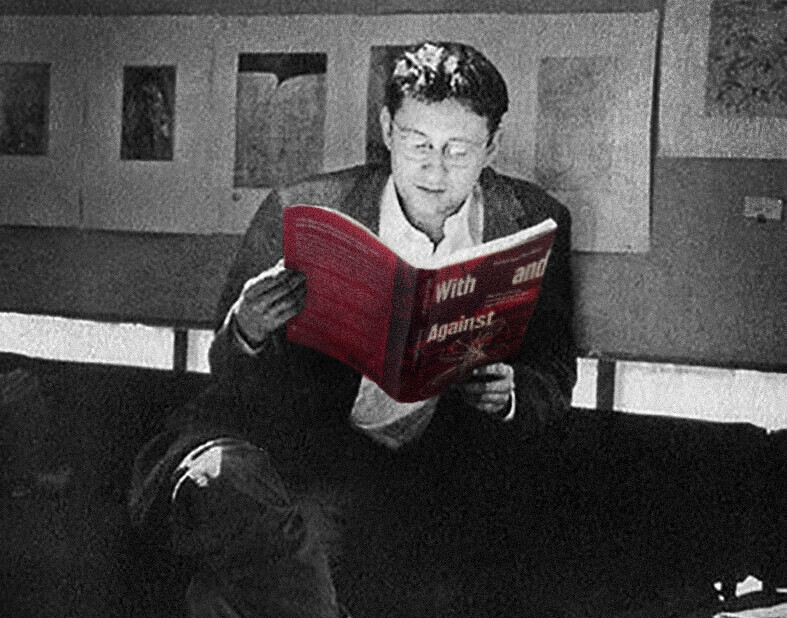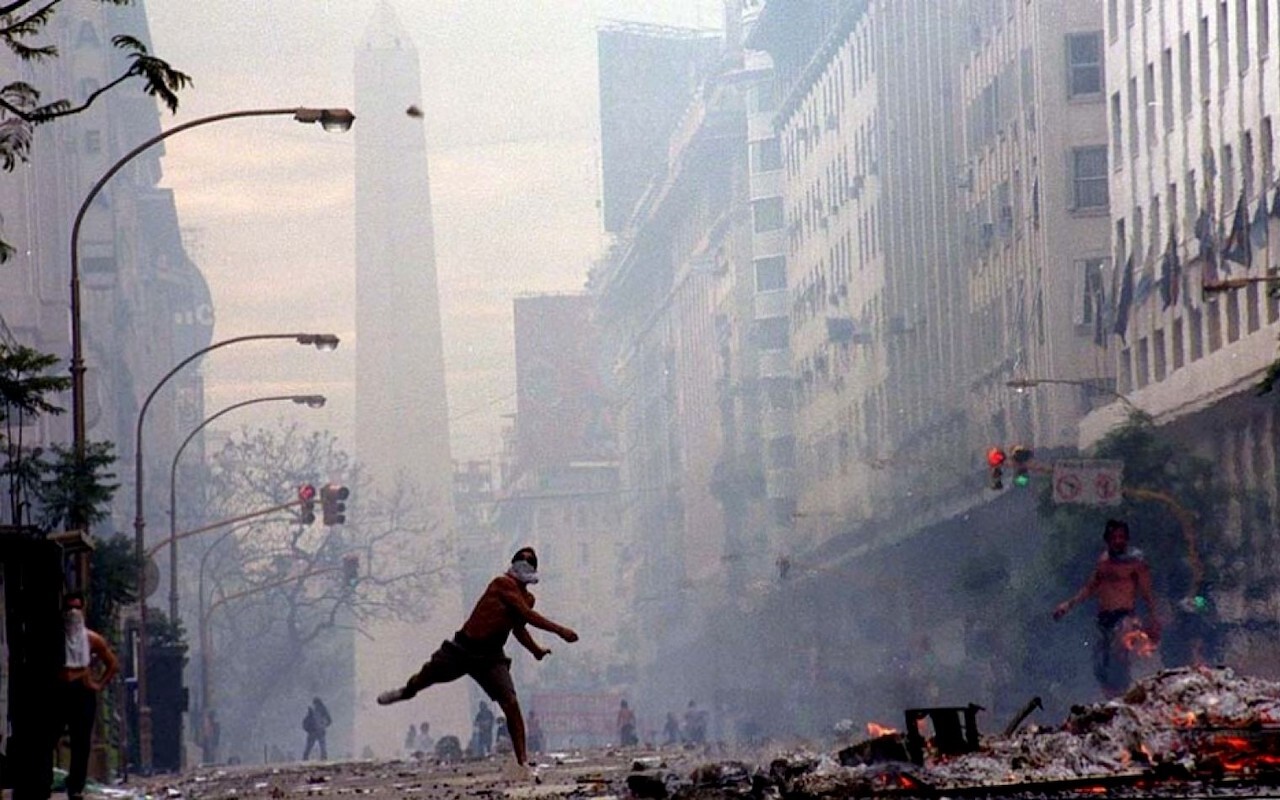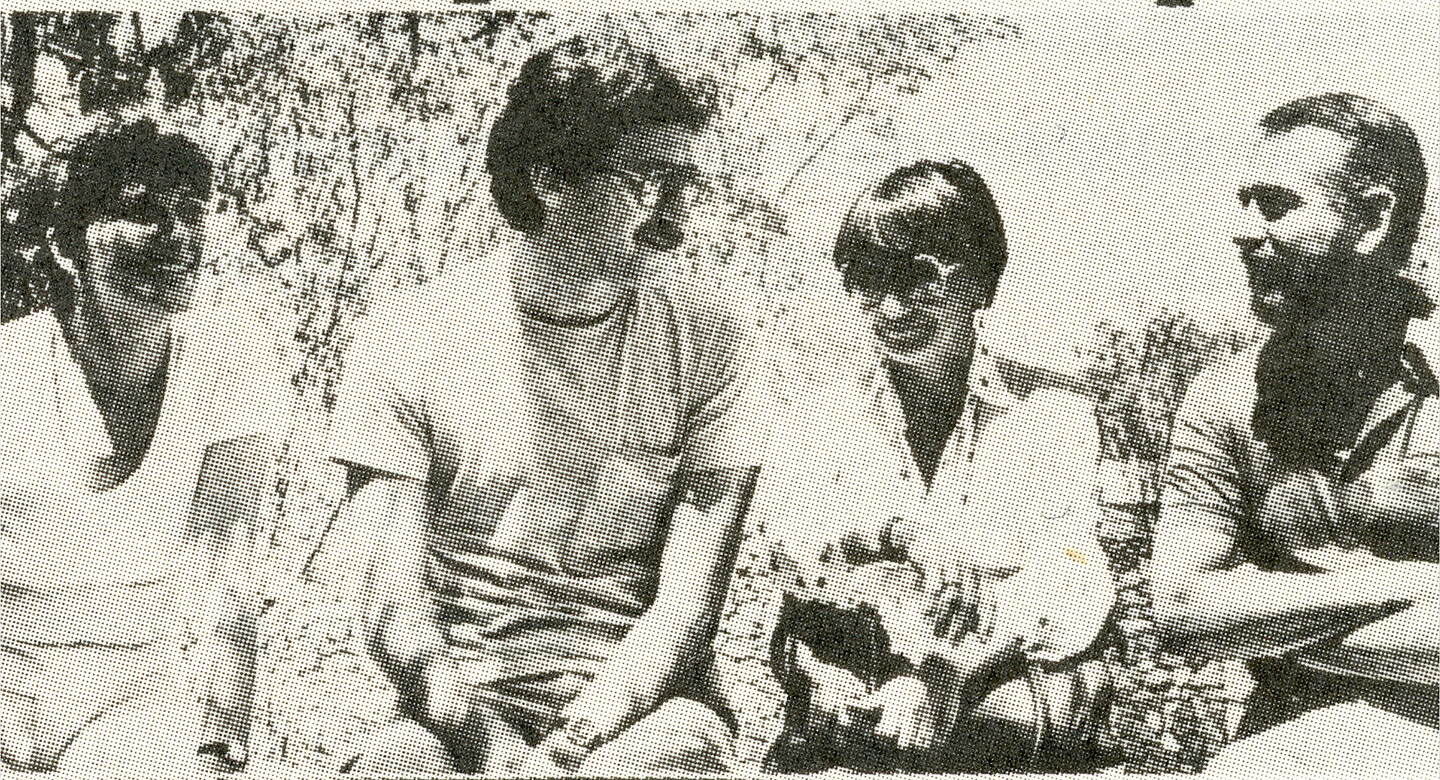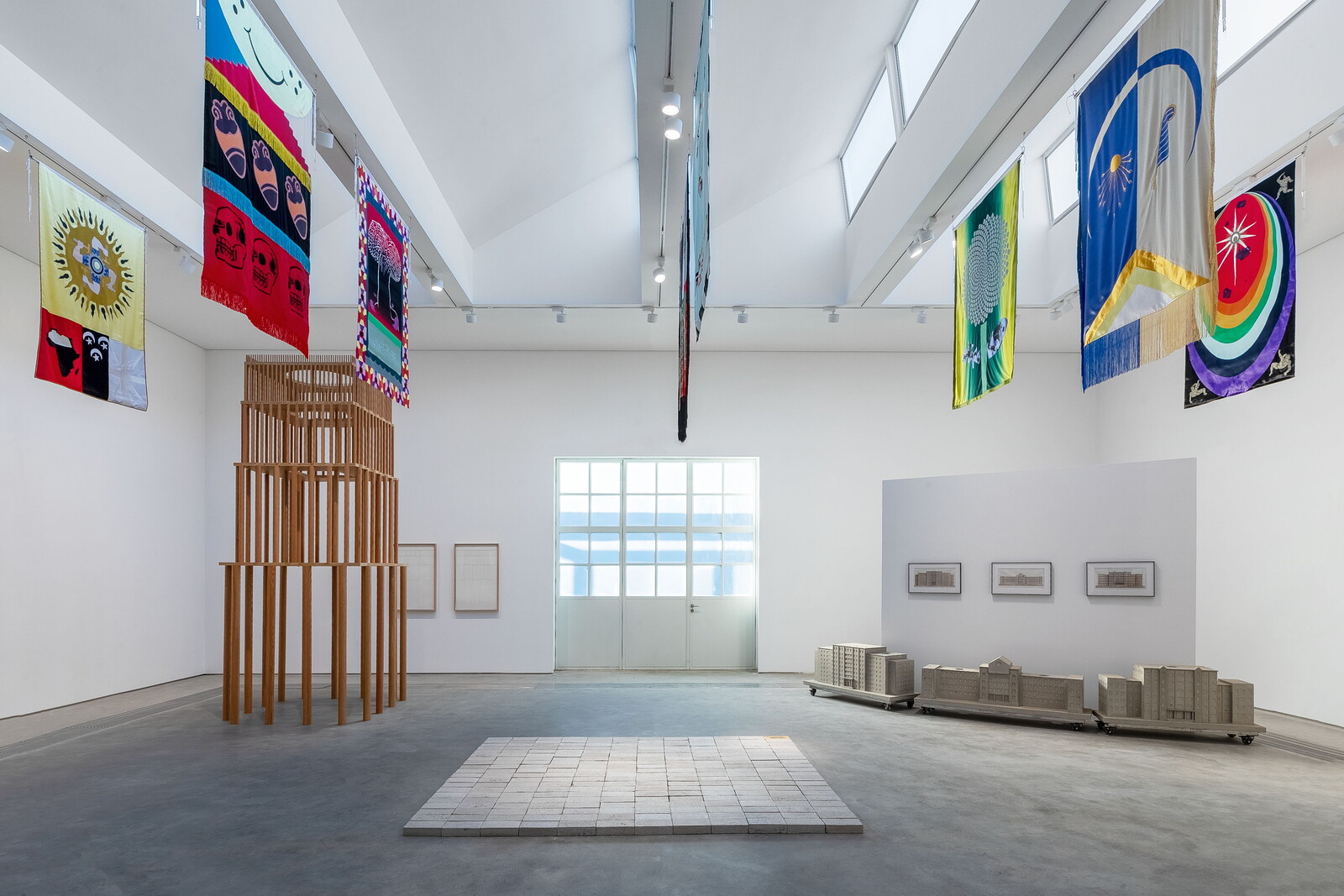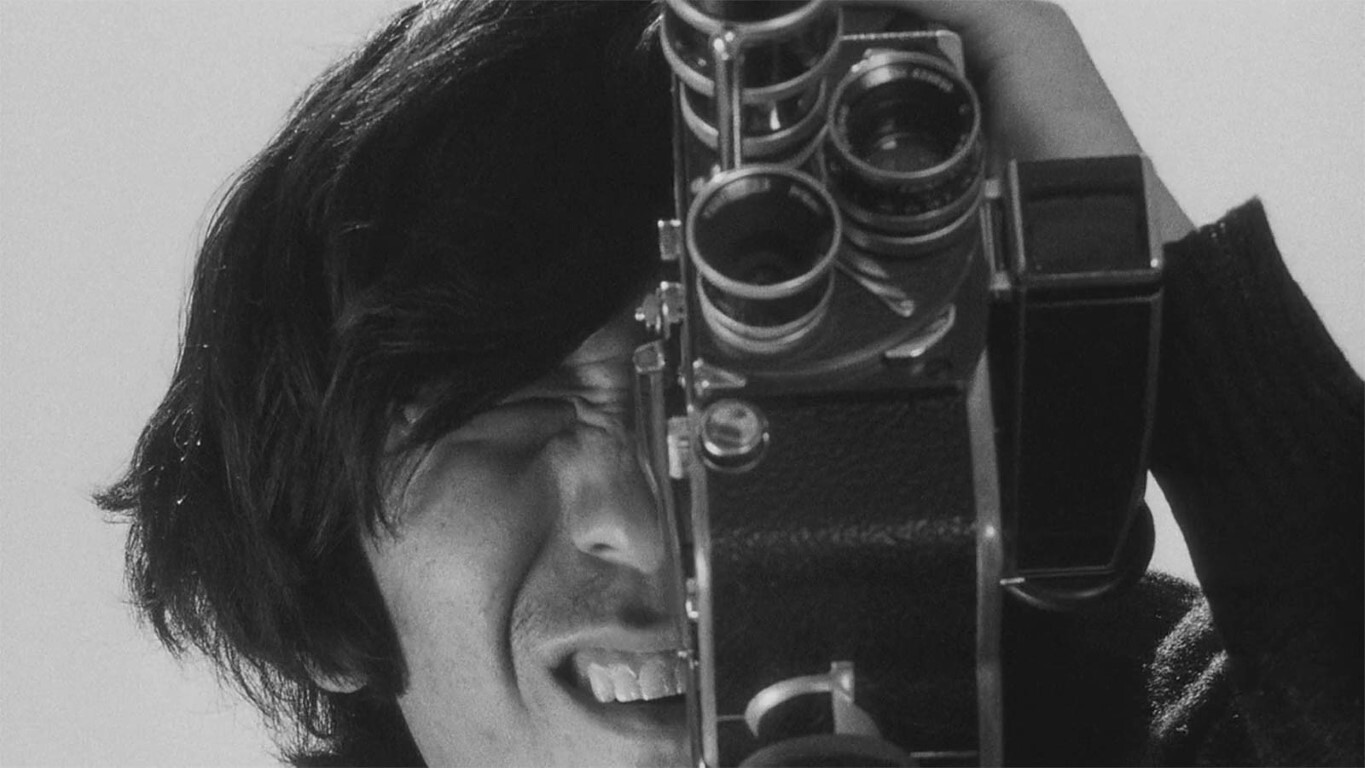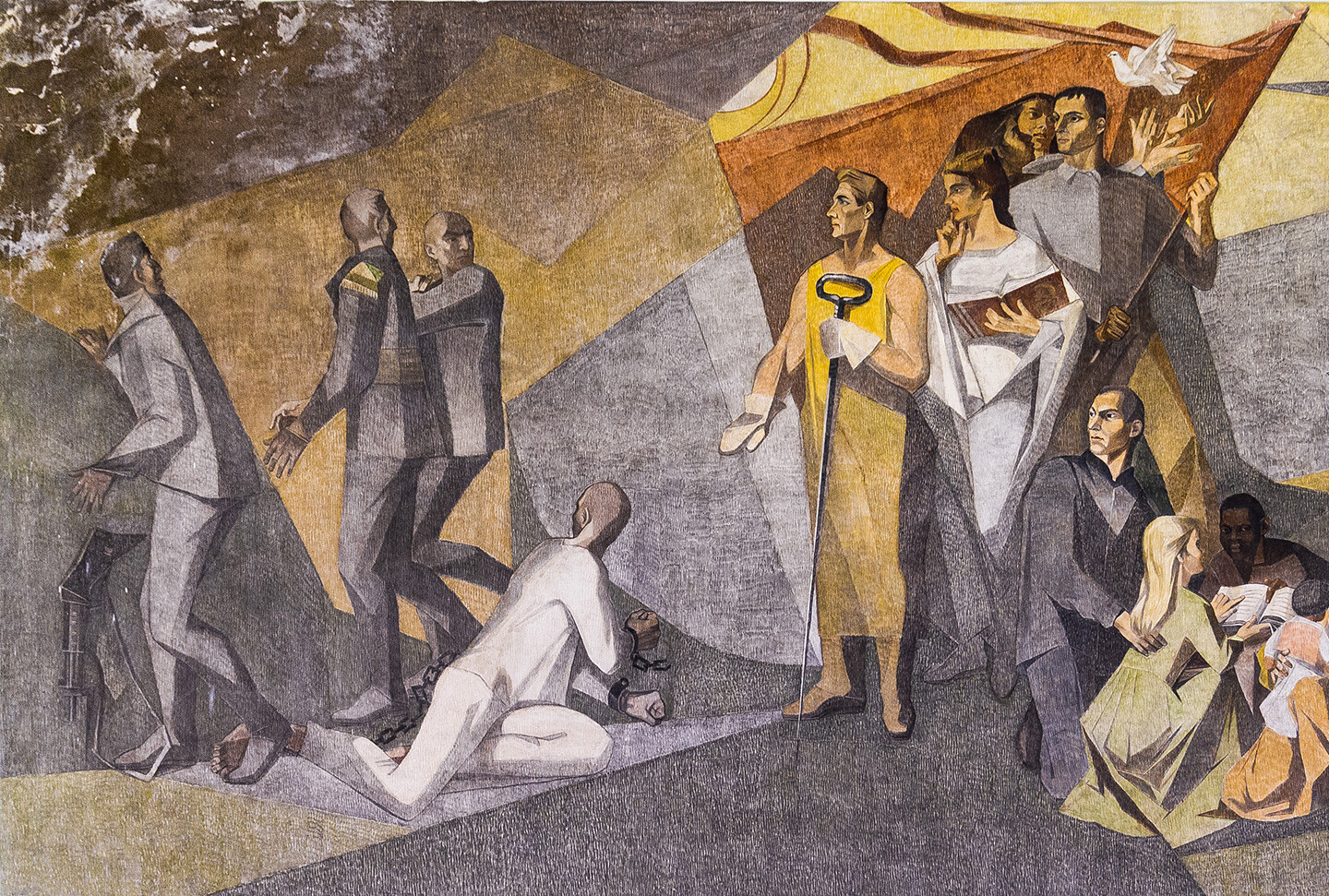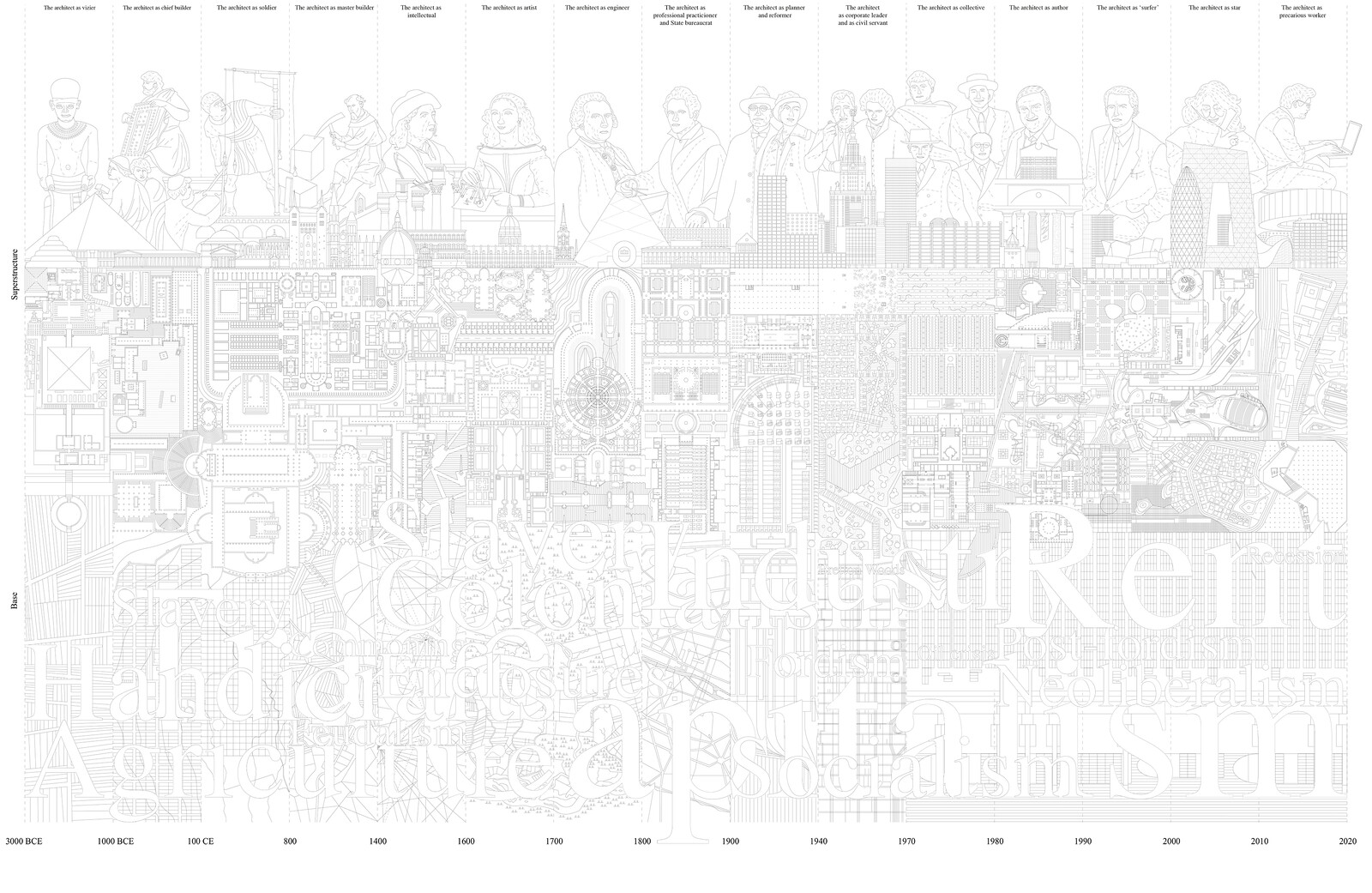If I Loved Life, I Wouldn’t Make Movies. Part IV. And Be Careful If Cinema Intervenes: The Film Projects of Groupe Cinéthique
For something to be “avant-garde” it has to be more than an outré work in one medium or another. An avant-garde is an aesthetics of organization. It brings together artists in different media around some contested but more or less agreed impulse. An avant-garde touches all aspects of life and proposes a revolution of everyday life along aesthetic lines.
Christina Kiaer, Collective Body: Aleksandr Deineka at the Limit of Socialist Realism
Benjamin’s concept of experience, Erfahrung, remains speculative in the best non-positivist sense of the word. Its speculative ground, however, exceeds the speculations of theory. But what is left for the materialist intellectual who is to theorize the political, economic, social, and aesthetic conditions of poverty, deprivation, and precarity in the age of “very-late” capitalism? Eventually, Benjamin’s materialist argument comes down to a simple insight: the combination of poor experience and rich thought is poor in social consequences. Instead of gradually enriching thought through inclusive multidirectionality, radical thought must insert reductive shortcuts, one-sided interruptions.
What is needed is neither techno-solutionism nor techno-pauperism, but instead a culture of invention, design, and planning that cares for communities and the collective, and never entirely relinquishes agency and intelligence to automation. The first step of techno-politics is not technological but political. It is about emancipating and decolonizing, when not abolishing as a whole, the organization of labor and social relations on which complex technical systems, industrial robots, and social algorithms are based—specifically their inbuilt wage system, property rights, and identity politics.
The most interesting autotextual writing does one of two things, or even better, both: shows how selves are made, and makes room for a kind of self that otherwise barely gets to exist.
Dominique Routhier, With and Against: The Situationist International in the Age of Automation
The object to be investigated here is no longer Latin American identity or cultural dependence, but the socioeconomic and ideological determinations of the plastic object. The premises have changed.
What do humans do after a successful revolution? The traditional answer is: they become the new masters and begin to impose their will on the losers. Indeed, such is the usual historical dynamic. However, Kojève believed that the working spirit—or rather the spiritualized working body—could be victorious over the animal human body. In other words: he believed that after the proletarian revolution succeeds, proletarians will continue working. But they will not work merely to live or satisfy their desires; they will work to maintain the spiritualized life-form their revolution achieved.
This is precisely what anti-natalism cannot grasp, or perhaps does not want to know. It does not see that pessimism is the fixed point around which its own enjoyment circulates. What singularizes the anti-natalist, what provides them with a specific way of going on, just is the view that the best is not to be born and that our ethical purpose now is to bring about the extinction of the species by refusing to procreate. This is a life that sets itself against life, that carries death at its very core; but it is a life, nevertheless.




